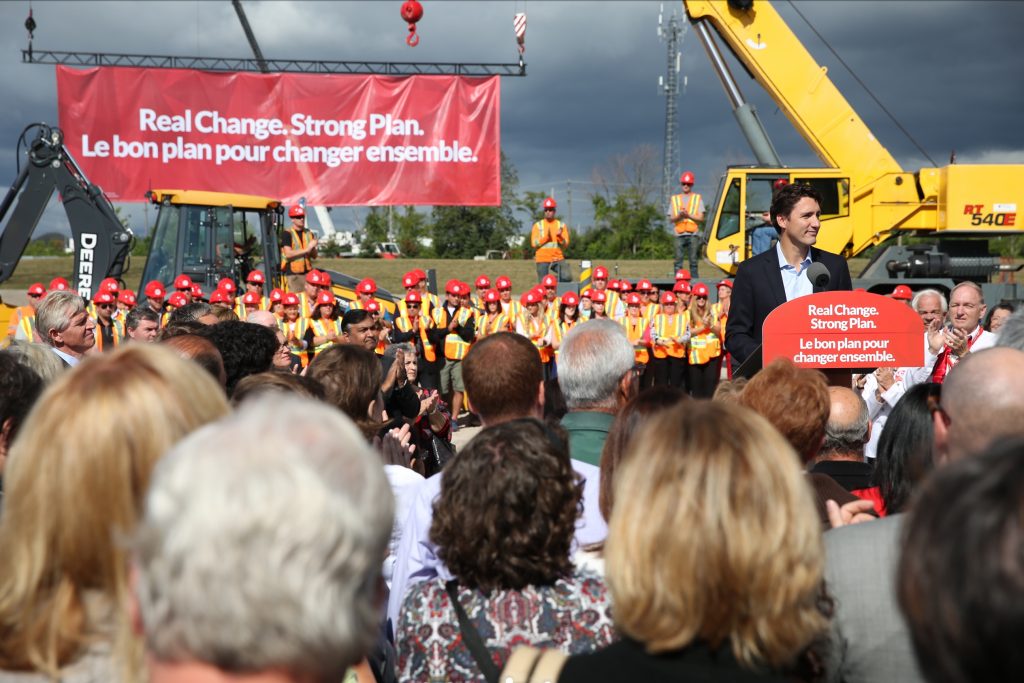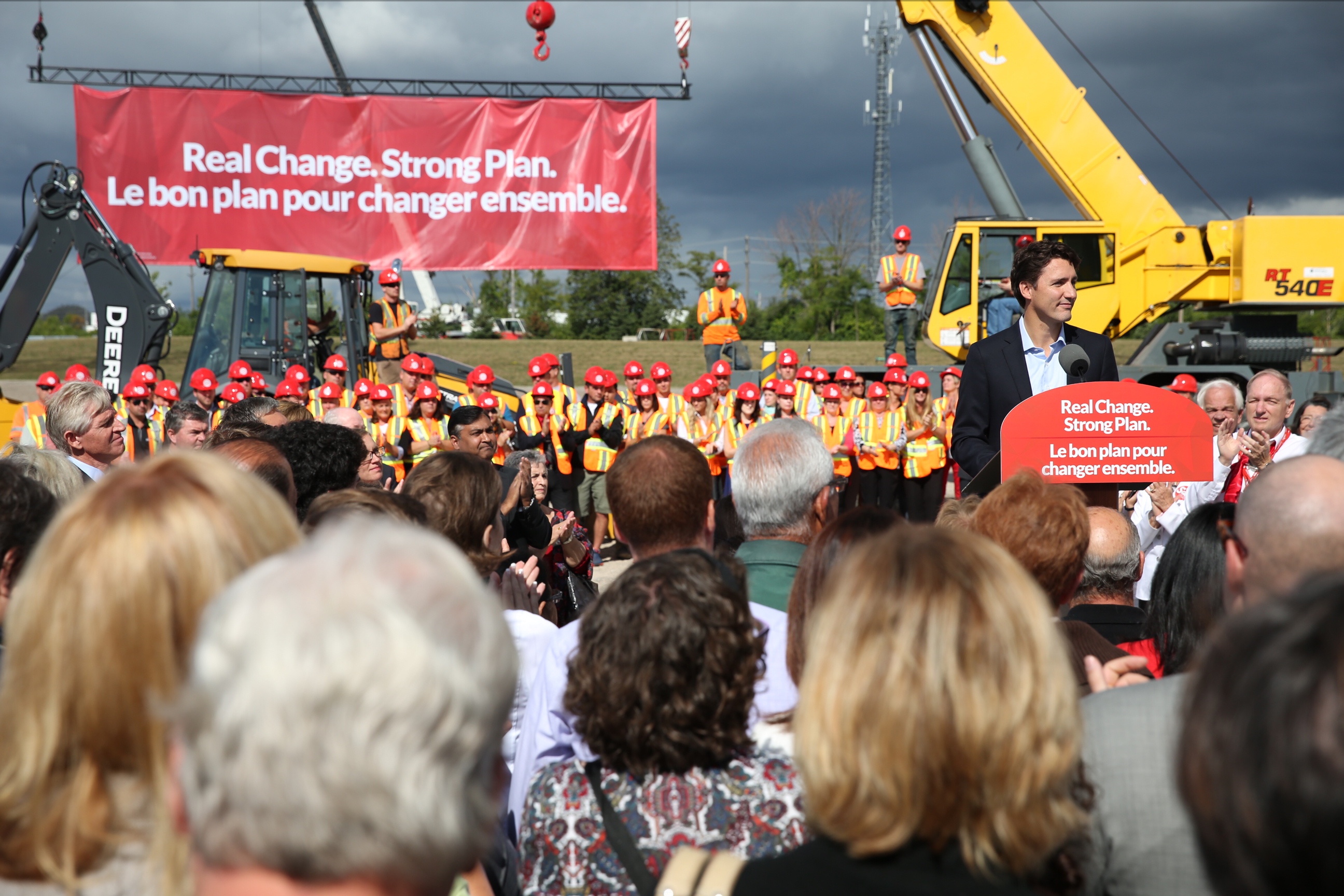Polls don’t tell the whole story
I won’t lie: I don’t hate Stephen Harper with a deep and abiding hatred. I also think Thomas Mulcair makes a poor knight in shining armour, notwithstanding his highly laudable facial hair and penchant for promises.

Let the record state that I have made fun of Justin Trudeau’s hair and may have referred to him as “just a pretty face” at some point. I’m also among the jinxing masses that say Elizabeth May and her Greens will never win, even though they have some great ideas.
There, all my cards are on the table. Make of them what you will, because I will never, ever tell you whom I vote for. I say democracy’s effectiveness is proportional to how much you hate people who voted differently from yourself; let’s make it hard to hate, shall we?
Sometimes I’m tempted to call myself a cynic, but deep down, I believe democracy—while frustrating—is the least of a host of political evils. I’m not a political scientist but I’m pretty sure coups cost more than elections (unless they’re especially efficient).
So, although I won’t tell you who I’m voting for, I’m more than happy to muck around in a good old fashioned election edition of Who’s winning this thing anyway? powered by little more than my astute observations.
After one leaders’ debate and a whole lot of cross-country campaign stops, the NDP currently leads while the Conservatives hold a slight edge over the Liberals for second place, according to the CBC’s aggregate Poll Tracker.
Polls are polls however, not ballot boxes, so I confidently declare these numbers to be purely speculative. Therefore, without the help of pollsters, I somewhat less confidently declare Justin Trudeau to be winning this election thing.
Let me make my case.
I, like most humans, am not a purely rational being. Which is why my head hurts after listening to candidates throw policy promises around for a whole debate and on the campaign trail. Let’s be honest, everyone’s promises sound great—they’re designed to be appealing.
I want lower taxes, I want affordable daycare for the parents I know, and I want a strong economy and stronger infrastructure, because more than a few things are falling apart here in Montreal.
Maybe you can parse the numbers, but I can’t. Even if I could figure out which party made the best promises, how can I know they’ll keep them? How can I know they’ll even be capable of keeping them, despite their sincere intentions?
We just can’t. Maybe I am a cynic.
Since the Maclean’s debate and the subsequent campaigning, Justin Trudeau has impressed me with his rhetoric about recovering what’s Canadian about Canada. I disagree with him on a number of positions, but one key to democracy is allowing yourself to be led by someone you don’t wholly agree with.
If we aren’t willing to be led by someone who isn’t a carbon copy of ourselves, then we’re just little kings and queens—grubby sovereigns in front of mirrors, clutching at control.
You see, the parts of me that aren’t purely rational are subject to inspiration. So while he’s vague on details, and even though I’m not sure I’ll vote for him in October, Trudeau has inspired me.
More than any other party leader, Justin Trudeau has shown me that elections are less about looking in a mirror, and more about picking someone you can follow.




